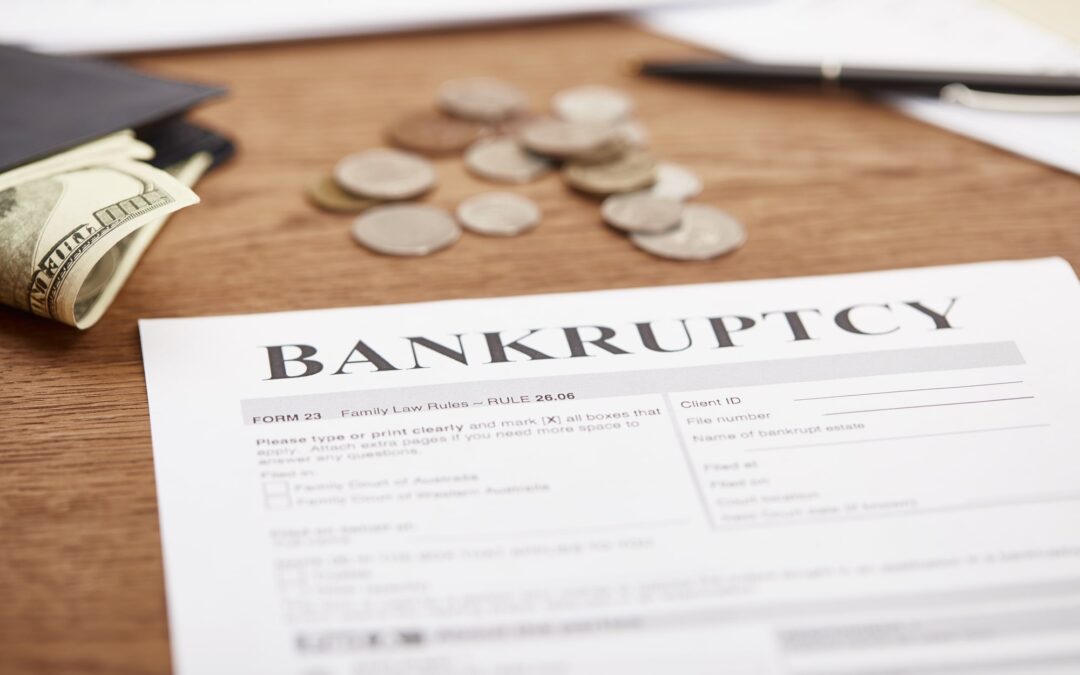Filing for bankruptcy is a decision many people consider when they are overwhelmed by debt. Unfortunately, there are many misconceptions that can discourage individuals from exploring this legal option. These myths often come from misinformation or outdated beliefs, and they can prevent people from making informed choices about their financial futures. Attorneys like those at Madden Law LLC can attest that understanding the truth about bankruptcy is the first step toward making sound decisions.
Bankruptcy Means Losing Everything You Own
One of the most common misconceptions is that filing for bankruptcy automatically means you will lose your home, car, and personal belongings. In reality, bankruptcy law includes exemptions that allow you to keep certain property. The specifics depend on your state’s laws and the type of bankruptcy you file. Many people who go through the process are able to retain most, if not all, of their essential assets.
Filing For Bankruptcy Permanently Ruins Your Credit
While bankruptcy will appear on your credit report for a period of time, it does not permanently destroy your ability to obtain credit. In fact, for some individuals, their credit scores may start improving within a year after discharge because they are no longer weighed down by unmanageable debt. Responsible financial behavior after filing can help you rebuild your credit more quickly.
Only Irresponsible People File For Bankruptcy
Another damaging myth is that bankruptcy is only for people who have been reckless with their spending. In truth, many bankruptcies are the result of circumstances beyond a person’s control, such as job loss, medical bills, divorce, or economic downturns. Bankruptcy is a legal tool designed to help honest individuals get a fresh start when debt becomes impossible to manage.
You Can Only File For Bankruptcy Once
Some people believe that bankruptcy is a one-time option. While there are limits on how often you can receive a discharge, it is possible to file again in the future if necessary. The waiting periods vary depending on the type of bankruptcy you previously filed and the type you plan to file next.
Bankruptcy Eliminates All Debts
While bankruptcy can discharge many types of unsecured debts, such as credit cards and medical bills, it does not eliminate every financial obligation. Certain debts, like student loans, child support, and some taxes, are typically not dischargeable. A bankruptcy lawyer can help you understand which debts can be discharged and which will remain your responsibility.
Filing For Bankruptcy Will Ruin Your Reputation
Some fear that bankruptcy will be publicized in a way that damages their personal or professional reputation. Although bankruptcy filings are public records, they are not typically published in a way that draws attention from friends, family, or colleagues. For most people, the filing remains a private matter unless they choose to share it.
You Cannot Buy A Home Or Car After Bankruptcy
While you may face some temporary limitations on obtaining financing, it is still possible to purchase a home or vehicle after bankruptcy. Lenders may require a waiting period and proof of stable income, but many people successfully make major purchases within a few years of filing.
Bankruptcy Is The End of Financial Stability
Some assume that bankruptcy marks the end of their financial independence. In reality, it can be the first step toward regaining control over your finances. By eliminating or restructuring debt, you can focus on building savings, improving your credit, and planning for a more secure future.
Separating Fact From Fiction
By separating fact from fiction, you can make better decisions about whether bankruptcy is right for your situation. Misconceptions often lead to unnecessary stress and delay in seeking help. The truth is that bankruptcy is a legal process designed to help people recover from financial hardship, not punish them.
If you are considering this option, take the time to learn how it works and what it can do for you. Speaking with an experienced attorney can provide clarity and help you determine the best approach for your specific circumstances. When handled with care, bankruptcy can be a valuable tool for moving forward and creating a stronger financial foundation.


